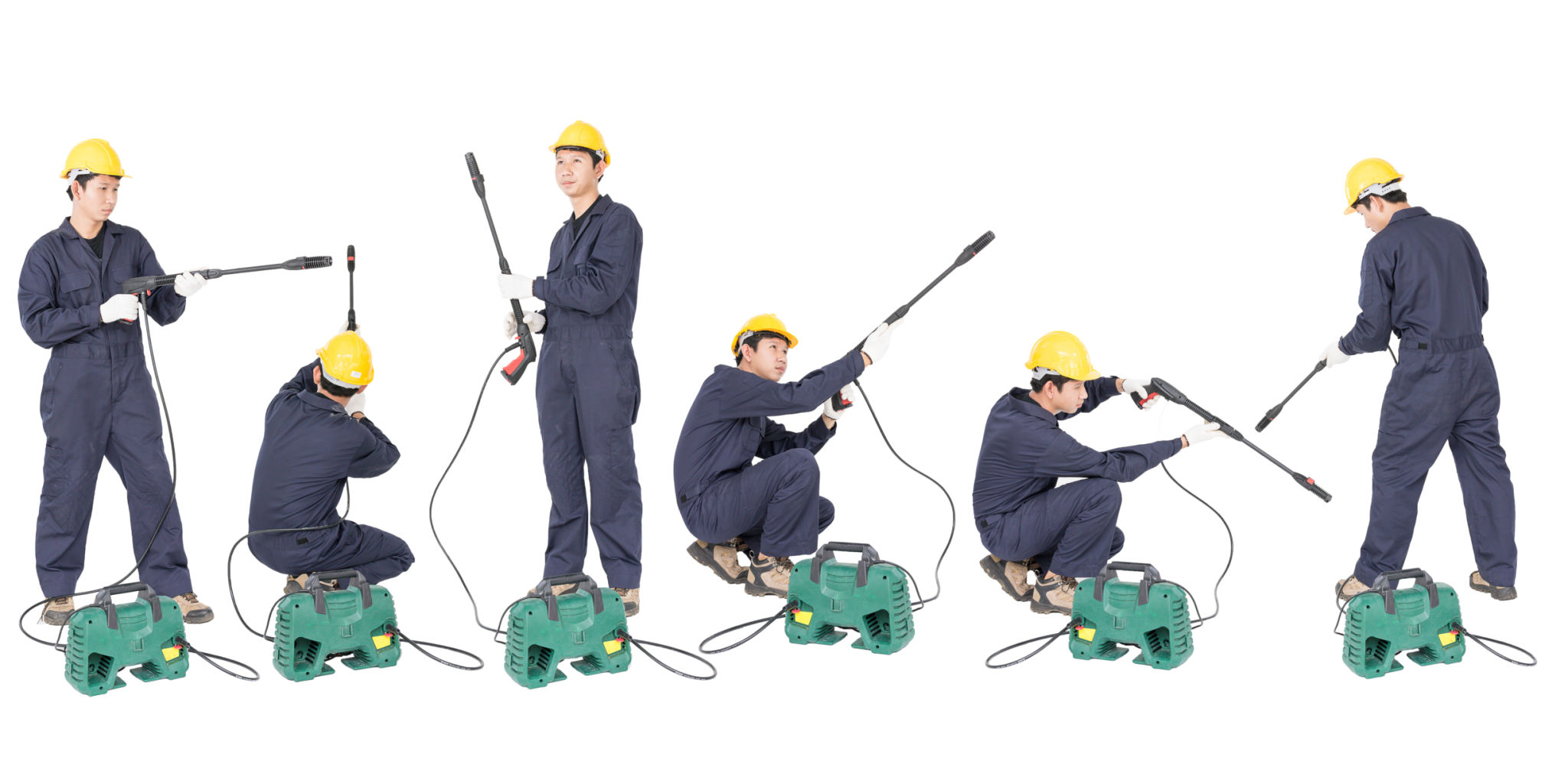Common Myths About Pressure Washing Debunked
Myth 1: Pressure Washing Damages Surfaces
One of the most common misconceptions about pressure washing is that it can damage surfaces. While it's true that using the wrong pressure setting can lead to damage, when done correctly, pressure washing is safe for most surfaces. Professionals understand how to adjust the pressure and use the right nozzle for different materials, ensuring effective cleaning without causing harm.
For instance, pressure washing is perfectly safe for cleaning concrete driveways, brick surfaces, and even certain types of siding, provided the correct techniques are employed. Homeowners should consider hiring experienced professionals to avoid any risk of damage.

Myth 2: Pressure Washing Is Only for Exterior Cleaning
Another widespread myth is that pressure washing is only useful for exterior surfaces. In reality, pressure washing can be utilized in a variety of situations beyond just cleaning the outside of buildings. It is also effective for cleaning vehicles, boats, and outdoor furniture, making it a versatile cleaning solution.
Moreover, pressure washing can be used indoors in commercial settings, such as warehouses and industrial kitchens, where grime and grease build-up require powerful cleaning solutions. The key is to use the equipment appropriately and ensure proper water containment.
Myth 3: Pressure Washing Is a DIY Job
While many homeowners believe that pressure washing is a simple DIY task, it often requires more skill and knowledge than one might expect. Without proper training, individuals may inadvertently cause damage or even injury. Professional pressure washers are trained to handle equipment safely and effectively.

DIY attempts might save money initially, but hiring a professional can prevent costly repairs due to mistakes. Additionally, professionals have access to industrial-grade equipment that can deliver superior results compared to consumer-grade models.
Myth 4: All Pressure Washing Equipment Is the Same
There is a belief that all pressure washers are created equal, but this is far from the truth. Pressure washers come in various sizes and power levels, each suited for specific tasks. For instance, a light-duty washer might be perfect for small patios or vehicles, while a heavy-duty washer is necessary for larger surfaces like driveways or commercial spaces.
Choosing the wrong type of equipment could lead to inadequate cleaning or potential surface damage. Consulting with a professional can help determine the right machine for your specific needs.

Myth 5: Pressure Washing Uses Excessive Water
It's easy to assume that pressure washing wastes large amounts of water due to its powerful jets. However, pressure washing is actually more water-efficient than many traditional cleaning methods. The high-pressure spray allows for quicker cleaning, using less water overall compared to using a garden hose.
This efficiency makes it an environmentally friendly choice for maintaining cleanliness around your home or business. Professional services often use advanced equipment designed to maximize cleaning power while minimizing water usage.
Conclusion
Understanding the realities of pressure washing helps dispel these common myths and highlights its benefits as a cleaning solution. By hiring professionals and using the right equipment, pressure washing can be a safe, efficient, and environmentally friendly way to keep various surfaces clean and well-maintained.
